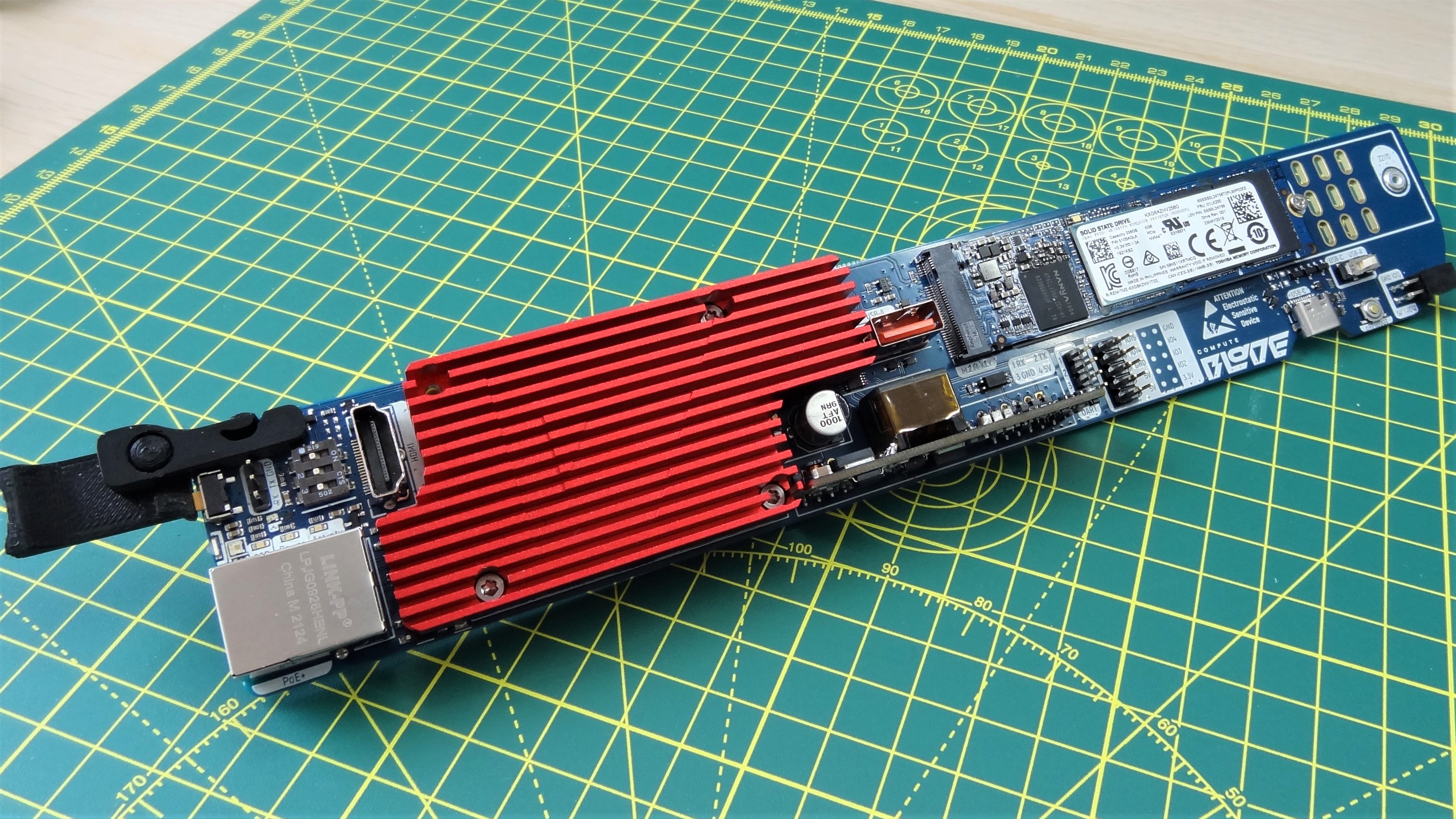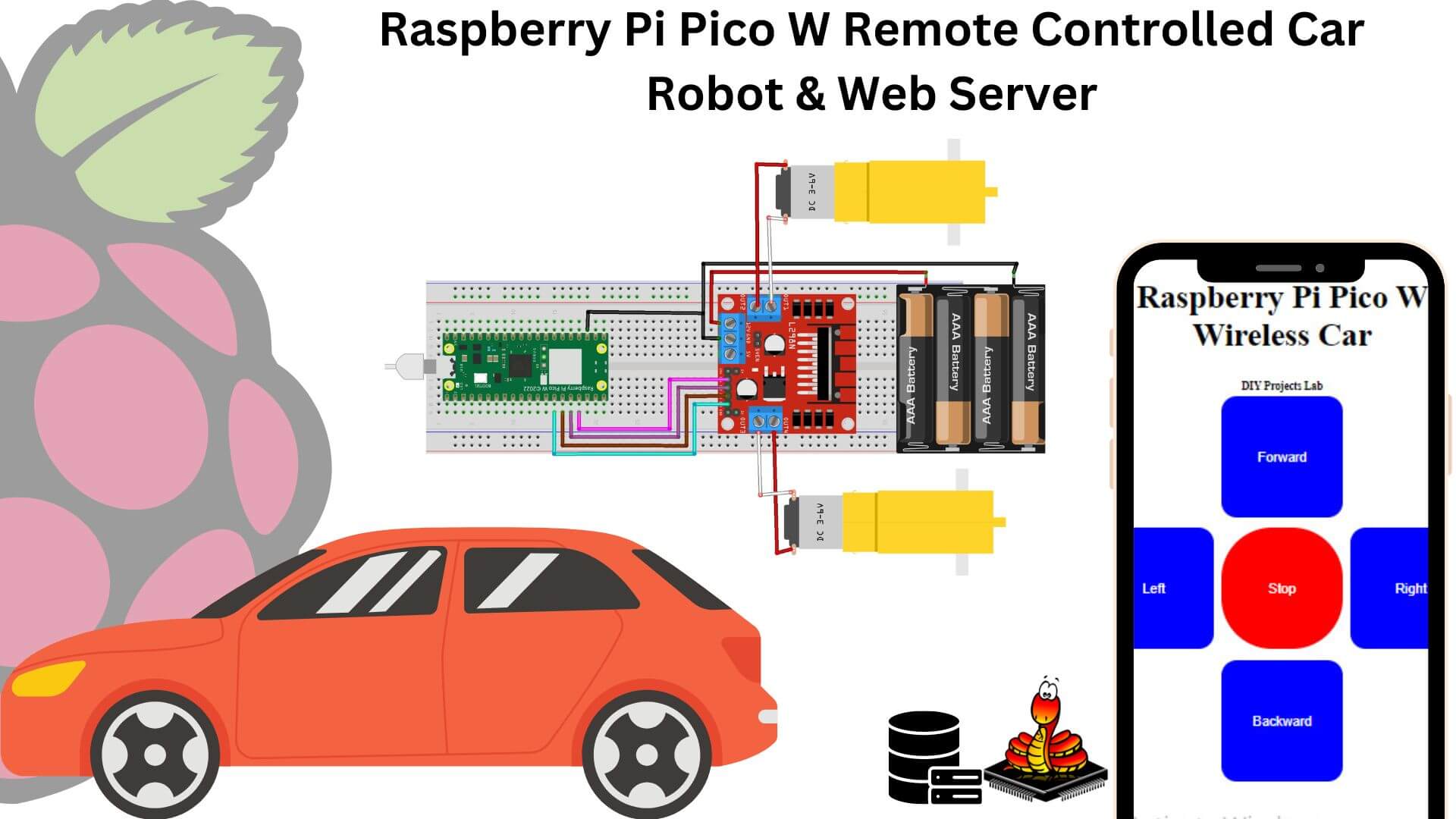Raspberry Pi & Remote IoT VPC: Setup, Benefits & Challenges | Google Discover
Apr 24 2025
Is the future of the Internet of Things (IoT) truly remote, and can a tiny computer be the key? The marriage of Raspberry Pi, Virtual Private Cloud (VPC), Secure Shell (SSH), and the boundless possibilities of IoT is not just a trend; it's a revolution in how we connect, control, and secure our digital world.
The escalating need for efficient, secure, and scalable systems has fueled an insatiable demand for remote IoT solutions. This has created a new digital frontier where businesses are increasingly seeking ways to manage their IoT infrastructure remotely. By harnessing the power of a remote IoT VPC, businesses can ensure seamless communication between devices while meticulously upholding stringent security protocols. This allows the business to build a strong base for the future.
The remote IoT VPC review dives deep into the intricate dance between connectivity and security, offering businesses a streamlined, secure path to managing their IoT infrastructure from a distance. This is a dynamic process that allows devices to be managed with ease.
With our growing reliance on IoT devices, establishing a secure and efficient network environment is no longer an option; it's a necessity. The remote IoT VPC emerges as an indispensable asset. This is the key to unlocking the full potential of this powerful new setup.
The power of combining IoT, Virtual Private Cloud (VPC), Secure Shell (SSH), and Raspberry Pi creates a robust ecosystem for remote operations. This means that users have the ability to control IoT devices from anywhere in the world while diligently safeguarding data security and ensuring network isolation. Raspberry Pi acts as the bridge, the gatekeeper, and the control center, transforming the way businesses operate.
The journey into remote IoT VPC setups, enhanced by the compact yet mighty Raspberry Pi, unveils a landscape of transformative applications, substantial benefits, and unavoidable challenges. Its a voyage that demands a deep dive into the technical aspects, the strategic advantages, and the potential pitfalls of this evolving ecosystem.
The modern business environment is experiencing a seismic shift towards remote operations. This shift is driven by the need for efficiency, security, and scalability. The remote IoT VPC solution provides a perfect solution for meeting this need.
One of the main goals of the remote IoT VPC is to provide businesses with seamless communication between their devices. This is done while also maintaining strong security protocols. This combination is crucial for maintaining the integrity and confidentiality of the data transmitted.
This review delves into the core of remote IoT VPC solutions. It is designed to explore their impact on various sectors and provide insights into their future potential. The objective is to equip businesses with the knowledge and tools to make informed decisions about their IoT strategies. This will allow them to make the most of the benefits that this technology provides.
The balance between connectivity and security is one of the main aspects of the remote IoT VPC review. The goal is to provide businesses with a seamless and secure way to manage their IoT infrastructure remotely. This is achieved by carefully balancing the need for connectivity with the need to protect the business from security threats.
With the growing dependence on IoT devices, ensuring a secure and efficient network environment is of utmost importance. The remote IoT VPC becomes an indispensable asset in this context. It empowers businesses to take control of their IoT deployments while mitigating potential risks.
The combination of IoT, VPC, SSH, and Raspberry Pi forms a robust ecosystem for remote operations. This setup allows users to control IoT devices from any location. It also ensures data security and network isolation. This synergy creates a powerful tool for businesses looking to streamline their operations and improve their security posture.
The Raspberry Pi, a small but powerful single-board computer, is at the heart of this remote IoT revolution. It acts as the control center, the gateway, and the security guard of the entire system. Its versatility and low cost make it an ideal solution for businesses of all sizes.
The benefits of using Raspberry Pi in remote IoT VPC setups are numerous. They include increased security, improved efficiency, and greater scalability. The Raspberry Pi provides a cost-effective and flexible solution for businesses looking to take advantage of the power of the IoT.
The challenges associated with using Raspberry Pi in remote IoT VPC setups include managing security, ensuring proper network configuration, and maintaining the devices. But the benefits far outweigh the challenges, making it an attractive option for businesses looking to embrace the IoT.
This article provides a comprehensive review of how the Raspberry Pi enhances remote IoT VPC setups. Its a deep dive into applications, benefits, and inevitable challenges. The rapid increase in demand for remote IoT solutions is driven by efficiency, security, and scalability.
The synergy of the Raspberry Pi, VPC, SSH, and the world of IoT creates a robust ecosystem for remote operations. This allows users to control IoT devices from anywhere while maintaining top-tier data security and network isolation. This setup is invaluable in various sectors, from manufacturing to healthcare.
Key Components of a Remote IoT VPC Setup using Raspberry Pi
| Component | Description | Role |
|---|---|---|
| Raspberry Pi | A small, affordable single-board computer. | Acts as a gateway, control center, and security anchor within the remote IoT setup. |
| Virtual Private Cloud (VPC) | A logically isolated section of a public cloud. | Provides a secure, isolated network environment for IoT devices. |
| Secure Shell (SSH) | A cryptographic network protocol for secure remote access. | Enables secure communication and management of the Raspberry Pi and connected devices. |
| Internet of Things (IoT) Devices | Various devices connected to the network, collecting and transmitting data. | Generate data and interact with the environment. These can range from sensors to actuators. |
| Network Connection | The means by which the Raspberry Pi connects to the internet (Ethernet or Wi-Fi). | Provides the communication pathway between the Raspberry Pi and the external network. |
| VPN (Optional) | Virtual Private Network for extra security and access. | Enhances security by encrypting data in transit and creating a secure connection for remote access. |
The architecture of such a system typically involves the Raspberry Pi acting as a central hub within a VPC. IoT devices communicate with the Raspberry Pi, which then securely relays data to other services within the VPC or to external servers. SSH provides a secure channel for remote access and management of the Raspberry Pi itself.
Businesses that embrace remote IoT solutions are finding innovative methods to gain greater control, improve efficiency, and boost security. The remote IoT VPC setup, powered by the Raspberry Pi, is at the forefront of this wave, offering a wealth of benefits. This setup allows businesses to transform their operational models and to develop competitive advantages. It empowers businesses to access, manage, and secure their IoT deployments from anywhere. It's like having a remote control for the digital world.
The integration of Raspberry Pi into remote IoT VPC setups is a game-changer. The device acts as the central hub, providing secure access, data processing, and control. The low cost, combined with its versatility, makes the Raspberry Pi an ideal choice for a wide range of applications, from monitoring environmental conditions to automating industrial processes.
The combination of a VPC, SSH, and Raspberry Pi provides a robust security layer for remote IoT operations. The VPC offers a private, isolated network, protecting the devices from outside threats. SSH provides a secure, encrypted connection, guaranteeing that only authorized personnel can access the devices.
The combination of the Raspberry Pi with other technologies, such as VPC and SSH, results in a highly secure and efficient network environment. These components work together to create a seamless and secure way to manage IoT devices from a distance. This setup allows users to securely control devices from anywhere in the world.
Benefits of Remote IoT VPC Setups with Raspberry Pi
| Benefit | Description |
|---|---|
| Enhanced Security | The VPC isolates the network, limiting exposure to potential threats. SSH provides secure access and communication. |
| Improved Efficiency | Remote access and control reduce the need for on-site visits, saving time and resources. |
| Cost-Effectiveness | Raspberry Pis are affordable. This lowers the initial investment, combined with reduced operational costs. |
| Scalability | The VPC allows for easy expansion. More devices can be added to the network as needed. |
| Flexibility | Raspberry Pi's versatility suits various applications. You can customize the system to meet specific needs. |
| Centralized Management | A single point of control for all devices. This improves ease of management and monitoring. |
The deployment of a remote IoT VPC setup offers businesses an array of benefits. These range from increased security and efficiency to cost-effectiveness and scalability. The combination of these benefits makes it a viable option for a wide range of applications. This will allow businesses to gain greater control over their IoT deployments.
It is important to address the challenges associated with remote IoT VPC setups. They include managing security protocols, ensuring proper network configuration, and ongoing device maintenance. Despite these challenges, the advantages far outweigh the difficulties, making it an attractive option for businesses.
The journey into remote IoT setups involves a deep dive into the intricate balance between connectivity and security. Businesses need to ensure that the IoT infrastructure is not only operational but also protected from security threats. This balance ensures a secure and efficient way to manage infrastructure from a distance.
The future potential of remote IoT VPC solutions is immense. As technology advances, we can expect to see even more innovative applications. These will provide even greater benefits to businesses across various sectors. The remote IoT VPC setup is poised to play a crucial role in shaping the future of how we interact with technology.
In conclusion, the remote IoT VPC setup is an indispensable asset for businesses. It provides a secure and efficient network environment that is essential for the future of IoT. It is important to consider the benefits and challenges. This will allow businesses to fully realize the potential of this transformative technology.
In short, the marriage of Raspberry Pi, VPC, and SSH provides a powerful, flexible, and secure platform for remote IoT operations. The future is connected, and the Raspberry Pi, along with its robust ecosystem, is leading the way.


